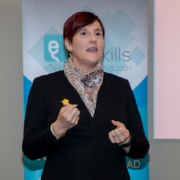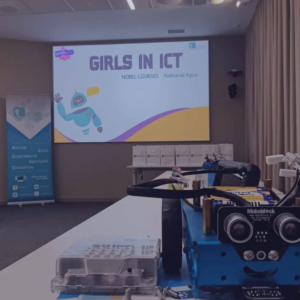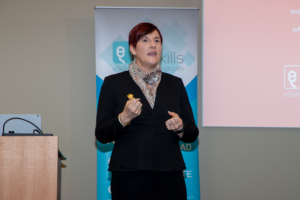Value Creation
Value Creation is the term that defines how the organisation of a business’ resources, both tangible and intangible create value for stakeholders in such a way that the outputs exceed the inputs. Value Creation goes beyond profit. It is about fostering stronger customer relationships, driving innovation and interacting positively with communities and the environment.
In financial accounting terms we look at shareholder value by measuring the changes in “shareholder’s equity” and “profitability”.
Stakeholder value goes beyond this because it recognises assets such as brands, knowhow, reputation, the knowledge held by employees, corporate strategy and how these effect and translate into value for a broad range of stakeholders including customers, owners, employees, regulators, suppliers, financial backers, communities and the environment.
A comprehensive picture of Value Creation requires alignment between many factors including business practices, tangible and intangible assets, material financial and non-financial capital risks, the corporate strategy, its engagement with multiple stakeholders, sustainability and governance.
How have we at AX embraced key elements in our Value Creation process.
We recognise that value is created through our business model and the manner in which we manage and deploy our capital. We define our capital in a broad sense. It goes beyond our equity and includes.
- Our reputation
- Our property developments and their associated business models
- Our core values
- Our intellectual property
- Our brands
- Our employees
- Our commitment to sustainable practices
- Our commitment to the environment
- Our strong spirit of Innovation
- Our Financial performance
All of these factors are interdependent and result from a thinking organisation that values its relationships with all its stakeholders.
As a business we recognise that we have strong interactions within the communities where we operate. We understand that commercial activity has an impact on these communities not just in the visual aspects of our developments but also in the functionality of these activities.
In doing so we have set “building communities” as a core principle and value for the Group. Our concept of development goes beyond simply building nice properties. We strive to optimise the relationship of those properties within their physical context, giving importance to a broad range of factors, their impact on the surrounding properties, traffic and people movement within and around the development, preserving key elements such as natural light and vistas, serviceability of the property etc.
Our current development at Verdala has replaced the old hotel with three individual blocks. Two of these blocks are designed for residential use and one will be a hotel. The old Verdala hotel had 200 guest suites and was visually intrusive on the Rabat ridge. In redesigning the new development we have lowered the building height, broken up the building mass into three elements rather than one very large block, extended the street scape in between the two most prominent blocks so as to create vistas from the road to the ridge which previously was blocked by the old hotel, factored into the development extensive parking to minimise parking and traffic congestion, created piazza to form a central open space within the property and designed a much smaller hotel that will materially reduce the traffic impact within the area.
Our Hilltop Gardens Retirement Village was developed on the site of the AX Group’s former construction yard out of which the Construction company operated for many years. Following the redevelopment of the site, we created a tranquil residential development. We built just 55% of the site in order to create the right environment for the residents of the Complex. We incorporated open spaces to ensure good light, ventilation, vistas and used some of the area for gardens and recreational facilities. The operating business model of the Retirement Village and Care Home focus on Community through social and cultural activities thus creating a thriving and secure community.
The AX Group’s business model is a customer centric approach. We believe in delivering value to our customers, enhancing loyalty and customer satisfaction, building strong brands, embracing innovation and technology to deliver our products and services as well as to enhance efficiency and cost management.
The AX Group has long had a strong presence on the Malta Stock Exchange and this has created a culture of accountability and strong governance within the Group.
Our reputation within our communities is valued and is reflected in the manner in which shareholders take up our financing instruments whenever we approach the market.
We have developed over 40 brands many of which are recognised as market leaders.
As an employer we strive to be an “Employer of Choice”. This with a view to attracting the best talent, creating a positive work culture, retaining knowledge within the businesses, working in the multi-cultural realities and the opportunities this brings, minimising employee turnover, and optimising productivity.
It is the management of all these elements and objectives that have created the positive and strong business that is today’s AX Group.









